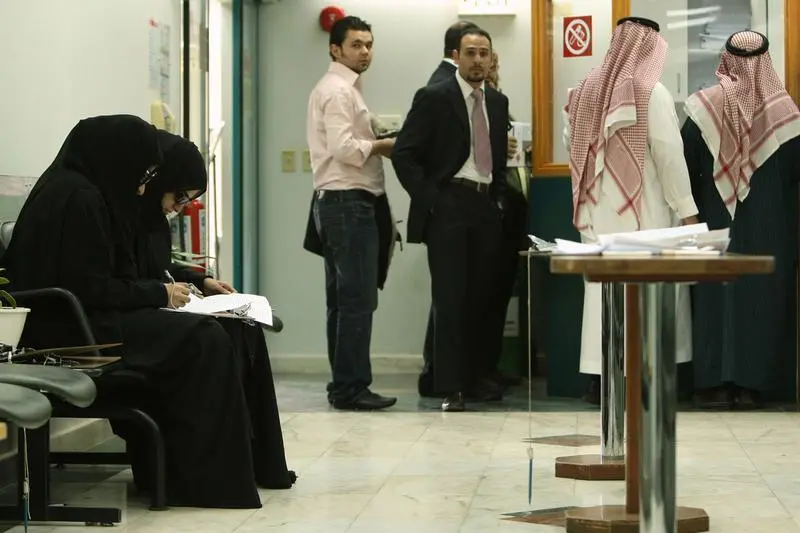PHOTO
RIYADH — The average life expectancy in Saudi Arabia has increased to 77.6 years, compared to 74 years in 2016, thanks to a string of efforts and contributions, including adoption of the principle of health promotion in all policies and aspects of life.
This information contained in a report, released by the Health Sector Transformation Program, which is one of the Vision 2030 programs based on the health transformation process and the major achievements scored in the health sector during the year 2023.
The report attributed the increase in life expectancy to the policies and decisions implemented by Saudi Arabia concerned with enhancing the level of public health such as spreading the culture of walking, reducing salt in foods, disclosing calories and other policies, as well as efforts to improve health services and enhance prevention against health risks.
The year 2023 witnessed the approval of the Council of Ministers for the establishment of the National Institute for Health Research, and the completion of a group of stages and initiatives, including the first transformational stage by launching all health clusters to carry out their role as responsible for population health, the launch of the National Platform for Health and Insurance Exchange Services (Nphies) and other initiatives. The Nphies platform offers a single source of comprehensive, accurate, and secure data based on the Value-Based Healthcare model, benefiting both individuals and society as a whole.
The report showed that 2023 also witnessed more than 7,233 cases benefiting from the Shifa platform, an increase of nearly three percent over the previous year, and the completion of more than 300,000 successful internal and external referrals through the Saudi Center for Medical Appointments and Referrals.
In application of the principle of ‘prevention is better than treatment’ and early detection, it is pointed out that more than five million people have been subjected to exploratory obesity screening, including over a million cases of early detection. More than one million people underwent exploratory screening for diabetes, including about 11,000 early detection cases, in addition to about 160,000 women undergoing early breast cancer screening, which resulted in 654 early detection cases. This detection contributes to the treatment of cases discovered in their early stages.
© Copyright 2022 The Saudi Gazette. All Rights Reserved. Provided by SyndiGate Media Inc. (Syndigate.info).




















